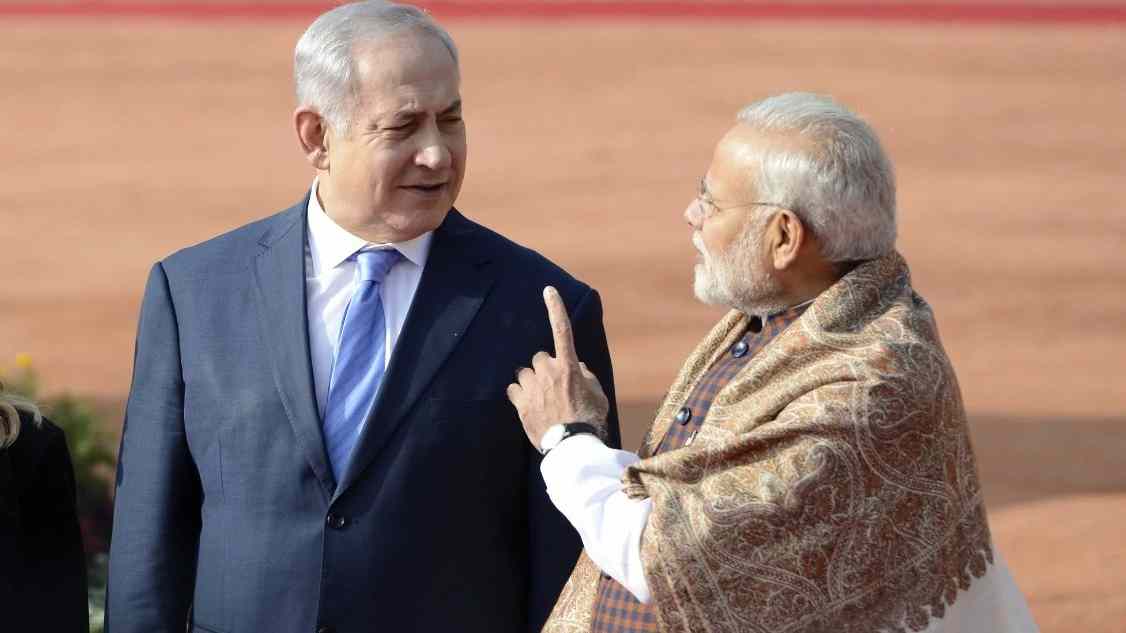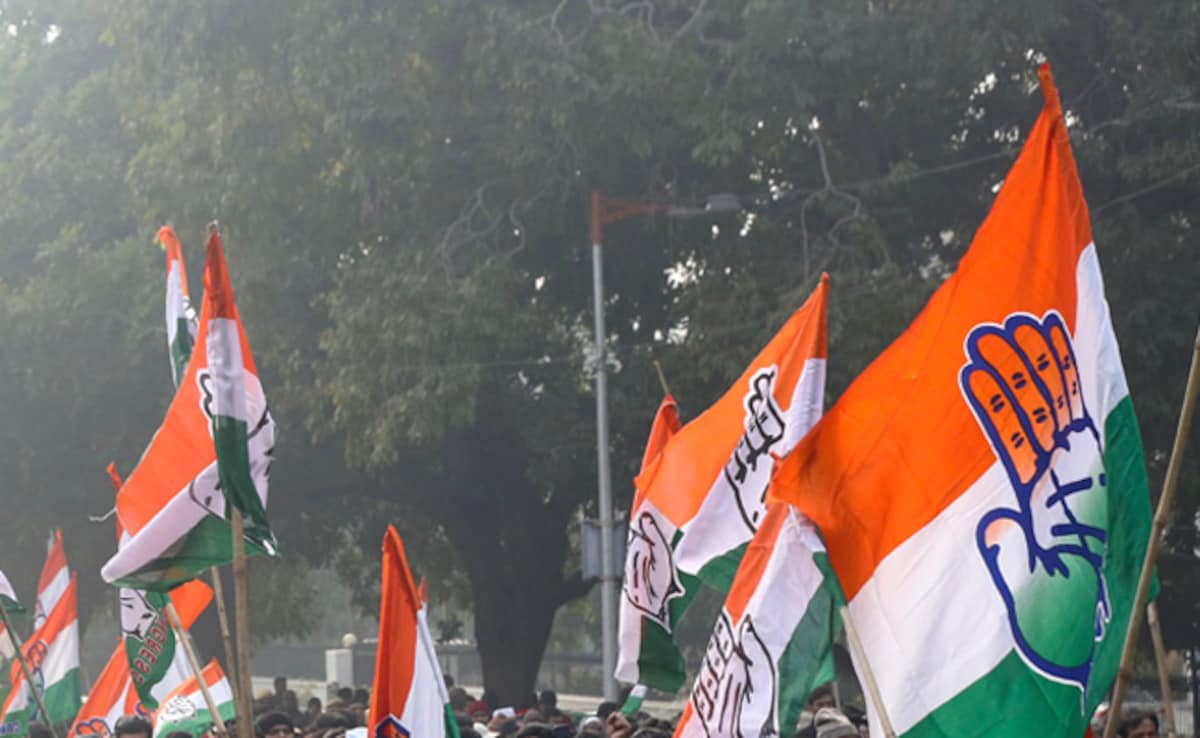Israel should learn how to make “national honour” a “strategic asset” from India, according to Israeli defence policy expert Zaki Shalom. In an op-ed in The Jerusalem Post, Shalom, a senior fellow at the Misgav Institute for National Security and Zionist Strategy, said that Prime Minister Narendra Modi’s stern stance against the United States on tariff policy and its approach to India’s border clashes with Pakistan show that “national honour is not a luxury but a far-reaching strategic asset.”
In recent months, US-India relations have been icy after Washington imposed steep tariffs on New Delhi due to its Russian oil imports. The Prime Minister Narendra Modi government has also sternly disputed US President Donald Trump’s claim of negotiating a truce after India’s border clashes with Pakistan.
“[PM] Modi’s severe response was not only rooted in economic and military tension, but primarily stemmed from a sense of personal and national honour being offended. He declined four phone calls from President Trump. In this context, Israel can learn something important,” Shalom said.
Israel’s Criticism
He criticised the Israeli government and military’s “rushed” response to the bombing of Nasser Hospital in Gaza’s Khan Yunis, where an Israeli strike killed at least 20 people. He said the separate responses from Israeli Defence Forces (IDF), the chief of staff, and Prime Minister Benjamin Netanyahu “conveyed not only a desire to calm international public opinion but also a notable degree of anxiety – and perhaps even panic – about the incident’s consequences.”
“In their actions, the leaders transmitted a message of taking some responsibility for the killing of uninvolved civilians, a message that could set a dangerous precedent in terms of international law,” he added.
The Lesson
The defence expert compared Israel’s situation with India and said, when India faced “unprecedented verbal assaults from” President Trump, Prime Minister Modi “did not rush to apologise; instead, he chose to respond forcefully, upholding national honour.”
“Perhaps his approach came across as harsh, but it sent a clear message: India will not accept treatment as a subordinate or inferior state,” he said.
“Israel, in contrast, tended during the Khan Yunis incident to display excess transparency and anxiety – an approach that may have been aimed at mitigating short-term damage but potentially harms long-term strategic interests.”
He concluded by saying that a country must defend its national honour even when facing difficult and complex situations.
“From India, we learn that national honour is not a luxury but a far-reaching strategic asset. If Israel desires to secure its standing and security, it must project firm resilience to the world,” Shalom added.




